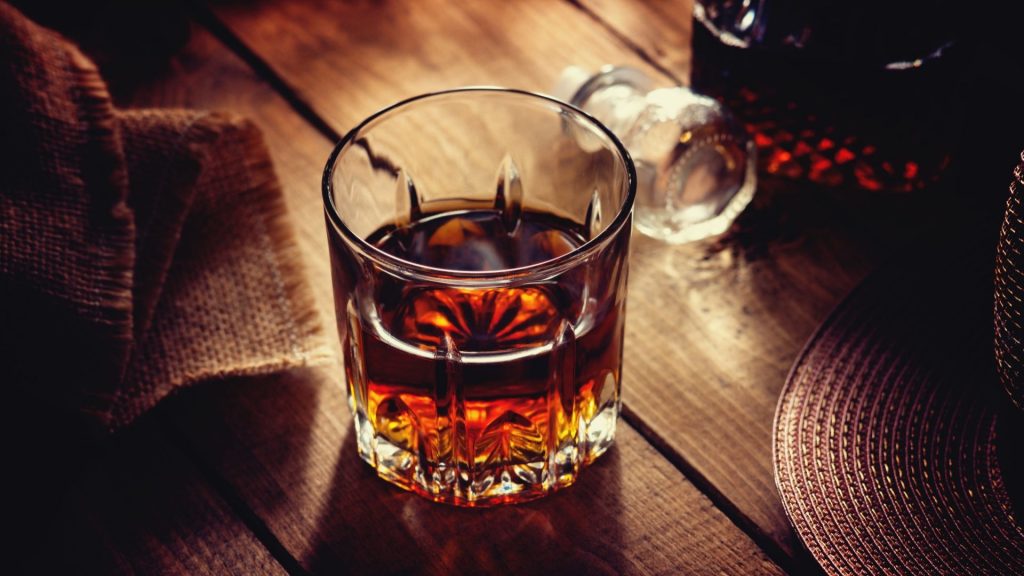IRELAND HAS given many things to the world.
From the global parties to celebrate St Patrick's Day, the traditions of dressing up and embracing ghosts and all things spooky at Halloween, the terrifying myth of the Banshee-- not to mention Irish poetry, literature and music.
But there's other, lesser-known things that prevail across the world that come from Ireland and the Irish language, everyday words that evolved from old Irish phrases or words.
As an example, the American phrase 'So long!' to say goodbye-- this means literally nothing. Where did it come from?
A prevalent theory is that 'so long' started from Irish immigrants who settled in America after fleeing the Great Hunger. The Irish word for goodbye is 'slán', which was picked up by Americans and anglicised into 'so long'.
This type of linguistic evolution can be found elsewhere, and to celebrate International Whiskey Day on 27 March, we're going to delve into the word 'whiskey' and it's origins.
Whiskey was first brewed by Irish Christian monks between the years 500-600 AD, who mastered the art of distilling grain and water during their travels around Arabia, The Irish Whiskey Museum confirms.

On their return to Ireland, the monasteries began brewing what was first referred to as 'fire water'-- we don't need to explain why that was.
But as the fiery alcoholic drink gained in popularity across the Emerald Isle, it began to be referred to as uisce beatha, literally 'the water of life'-- still a popular name for whiskey in modern Irish.
Uisce Beatha began spreading to other parts of the world, and the word used to describe it-- Whiskey-- is literally an Anglicization of the phrase uisce beatha.
Pronounced 'ishka bah-ha', English-speaking countries simply took the first word-- uisce-- and mispronounced it, giving it the phonetically written name 'Whiskey' in Ireland and the US, or 'Whisky' in other countries.
Whiskey remains Ireland's most popular spirit, with Irish Whiskey Jameson topping the list selling over 31 million bottles each year.

